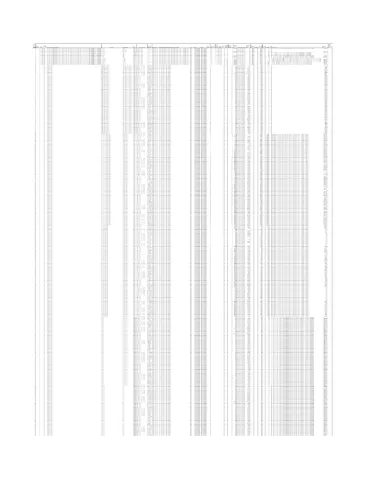This study carried out by researchers at Glasgow Caledonian University (GCU), with the James Hutton Institute and the Environmental Research Institute (University of the Highlands and Islands) delivered the first national assessment of the emerging area of concern around pharmaceutical pollution of Scotland’s water environment, with an innovative Scottish partnership (One Health Breakthrough Partnership) using results to promote practical actions to reduce this globally recognised public health and environmental issue.
Pharmaceuticals (medicines) enter the water environment when people taking medicines go to the toilet (between 30-100% of a dose is excreted) and when partially used or expired medicines are inappropriately flushed down the toilet instead of being returned to a pharmacy for proper disposal.
Key messages from the study include:
- Data on 60 medicines in the water environment, known to occur through consumption and inappropriate disposal into wastewater systems, were obtained from a range of sources
- Nine medicines were recommended for further action to reduce the potential environmental risk
- The need to promote positive action on medicine use and disposal, to reduce pharmaceutical pollution
| Attachment | Size |
|---|---|
| Appendix III (Scroll in to view) | 1.77 MB |
| CRW2017_16 Main Report | 2.54 MB |
| CRW2017_16 Appendices | 6.64 MB |
| CRW2017_16 Research Summary | 2.15 MB |
